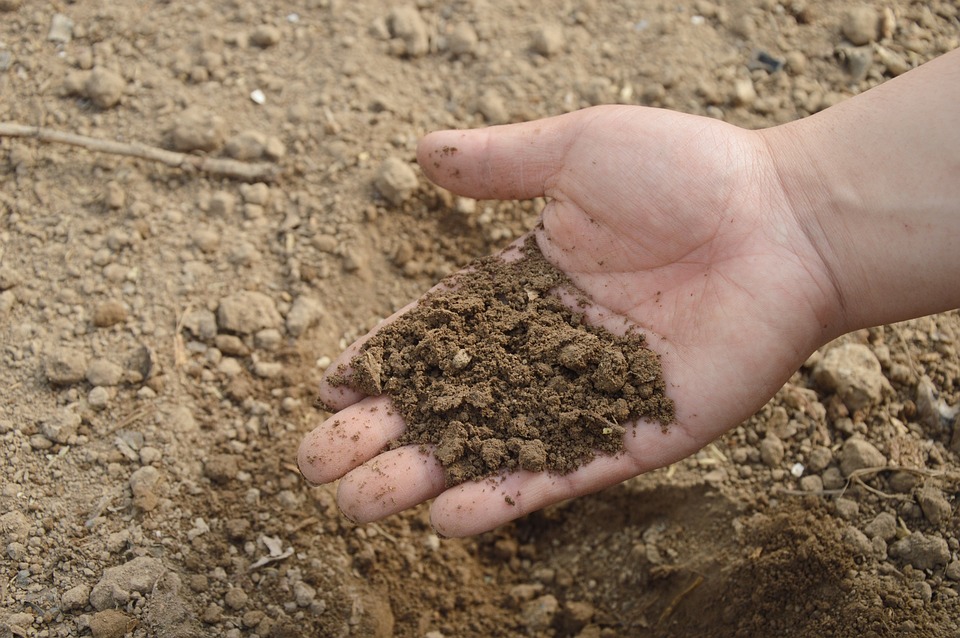

To keep your landscaping looking great, soil health and cleanliness are essential components. Contaminated or unhealthy soil can lead to unpleasant odors, water contamination, and damage to vegetation. Fortunately, there are simple ways to take steps toward cleaning and decontaminating the soil in your yard. Here are some methods and how they work to keep your soil safe for plants and animals.
Contents
1. Bioremediation
Bioremediation is one of the most popular methods for cleaning contaminated soil. It involves using natural organisms such as fungi, bacteria, and other microorganisms to break down organic pollutants into harmless byproducts. This process can clean up oil spills, heavy metals, and pesticides from the soil.
Phytoremediation is an example of bioremediation that uses plants to absorb pollutants from the soil. This process is most successful with shallowly-rooted grasses, trees, and shrubs. However, it is slow-acting and may take years for the soil to fully clean. The sustainability and cost-effectiveness of bioremediation make it the method of choice for many homeowners.
2. Freezing
Freezing is another effective way to clean contaminated soil. This method involves freezing the soil at low temperatures, which helps break down organic compounds and render them harmless. Freezing can be done with dry ice and liquid nitrogen or through cryofiltration, which uses pressurized air and a cooling chamber. Both methods are equally effective in decontaminating the soil, but cryofiltration is more efficient and cost-effective. You should consult with an expert on this, as the process can be pretty technical.
3. Soil Washing
Soil washing removes contaminants from the soil by using mechanical processes such as stirring and sieving. This process can separate pollutants from the soil particles, leaving behind clean material that can be reused or disposed of safely. It is ideal for oil well abandonment and other cases where the soil needs to be cleaned onsite. The process is also relatively fast and cost-effective. Soil washing requires specialized equipment, so you may need to hire a professional.
4. Polymer Remediation
Think of a polymeric material as a sponge that can absorb pollutants from the soil. Polymer remediation uses polymers to bind pollutants and contaminants and remove them from the soil.
The polymers come in different sizes, shapes, and compositions, so they can target specific types of pollutants. They are also fast-acting and cost-effective, making them a popular choice for soil remediation. In the end, the removed material must be disposed of safely.
5. Thermal Desorption
Thermal desorption is a process that uses heat to break down contaminants in soil. This method is most effective for volatile organic compounds (VOCs) such as petroleum products or solvents. High temperatures vaporize the VOCs, which can be collected and disposed of safely. Thermal desorption is a fast-acting soil remediation method that is expensive. It also produces a lot of emissions, so it is vital to ensure that the process is environmentally friendly.
These are some of the popular methods for cleaning contaminated soil and ensuring that your yard is safe and healthy all year round! Each has its advantages and drawbacks, so it’s crucial to weigh your options carefully and consult with a professional if necessary. You can keep your soil safe and healthy for many years with the right technique.



